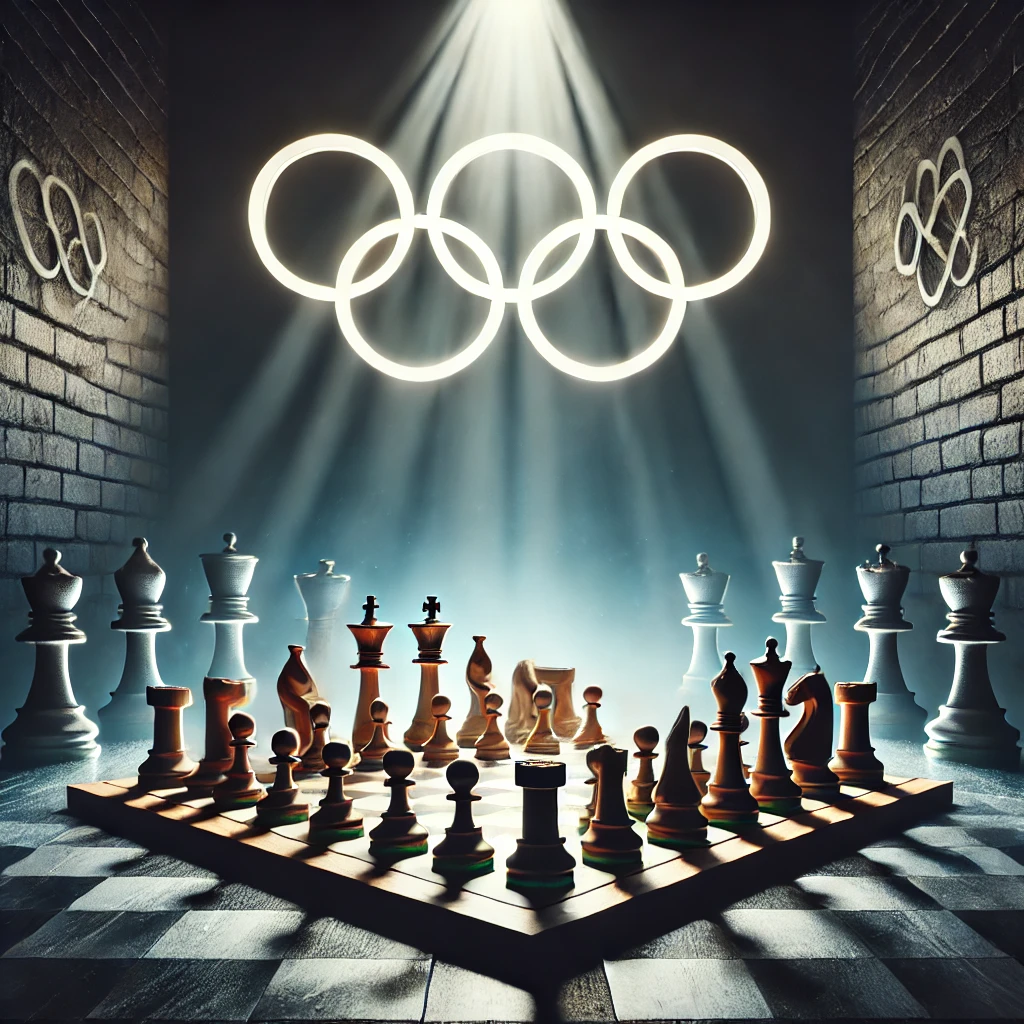Introduction
Chess, often referred to as the “game of kings,” is a globally recognized intellectual sport with millions of players and fans. Despite its deep-rooted history and strategic depth, one question frequently arises: Is chess an Olympic sport? While chess is undoubtedly competitive and requires immense skill, its official status within the Olympics has been a topic of debate. In this article, we’ll explore the history, current recognition, and potential future of chess in the Olympic Games.
The Olympic Status of Chess
Is Chess Recognized by the International Olympic Committee (IOC)?
Yes, chess is officially recognized by the International Olympic Committee (IOC). The Fédération Internationale des Échecs (FIDE), the governing body of chess, received recognition from the IOC in 1999. However, recognition does not automatically make chess an Olympic sport.
Why Isn’t Chess in the Olympics?
Despite IOC recognition, chess has not been included as a medal event in the Summer or Winter Olympics. The reasons for this include:
- Physical Activity Requirement: The Olympic Charter emphasizes physical exertion, which is typically associated with traditional sports.
- Event Scheduling and Logistics: The Olympics already feature a packed schedule, and adding chess would require extensive planning.
- Broadcast and Spectator Engagement: Unlike action-packed sports, chess is primarily a mental game, making it challenging for live audiences.
Chess at the Olympic Games: Past and Present
Has Chess Ever Been in the Olympics?
Chess was featured as a demonstration event in the 1924 Paris Olympics, but it was not officially included in the main competition. However, this led to the establishment of FIDE, which later launched the Chess Olympiad.
The Chess Olympiad: An Alternative to the Olympics
Although chess is not part of the Olympics, it has its own prestigious international event known as the Chess Olympiad. Held every two years, this competition attracts top players from around the world, functioning similarly to Olympic-style team events.
The Case for Chess as an Olympic Sport
Arguments in Favor
- Mental Skill and Strategy: Just like other Olympic events such as shooting and archery, chess requires intense mental focus and precision.
- Global Popularity: Chess is played in over 190 countries, making it one of the most widely practiced competitive games.
- Existing Recognition: With FIDE being an IOC-recognized body, chess already has a structured global framework.
Challenges to Overcome
- Inclusion of Mind Sports: If chess were included, other mind sports (e.g., poker, bridge) might also demand Olympic recognition.
- Standardization of Formats: Determining an appropriate competition format for the Olympics remains a challenge.
- Television and Audience Appeal: Making chess more engaging for Olympic viewers would require innovations in broadcasting and presentation.
Future Prospects: Will Chess Ever Be in the Olympics?
FIDE continues to lobby for chess’s inclusion in the Olympic Games, and efforts have been made to showcase its viability. While full inclusion as a medal sport remains uncertain, chess has been featured in several multi-sport events, such as:
- Asian Games (2010, 2022)
- Commonwealth Games (demonstration sport)
- World Mind Sports Games
With increasing interest in esports and digital competitions, chess might find new avenues for Olympic inclusion in the future.
Conclusion
So, is chess an Olympic sport? Not yet—but it is officially recognized by the IOC and has a strong case for inclusion. While chess faces challenges in meeting the physical activity criteria, its global appeal and strategic depth make it a worthy contender for future Olympic Games.
As chess continues to evolve and attract new audiences, its Olympic dream may still become a reality. Whether you’re a casual player or a dedicated grandmaster, the journey of chess in the Olympic movement is worth following. Stay tuned for future developments in the world of competitive chess!

Yara Bryant is a dedicated sports journalist with a knack for breaking down game strategies and delivering in-depth analysis. With a strong background in sports coverage, she specializes in football, basketball, and motorsports, bringing fans the latest news, insights, and predictions.


No responses yet